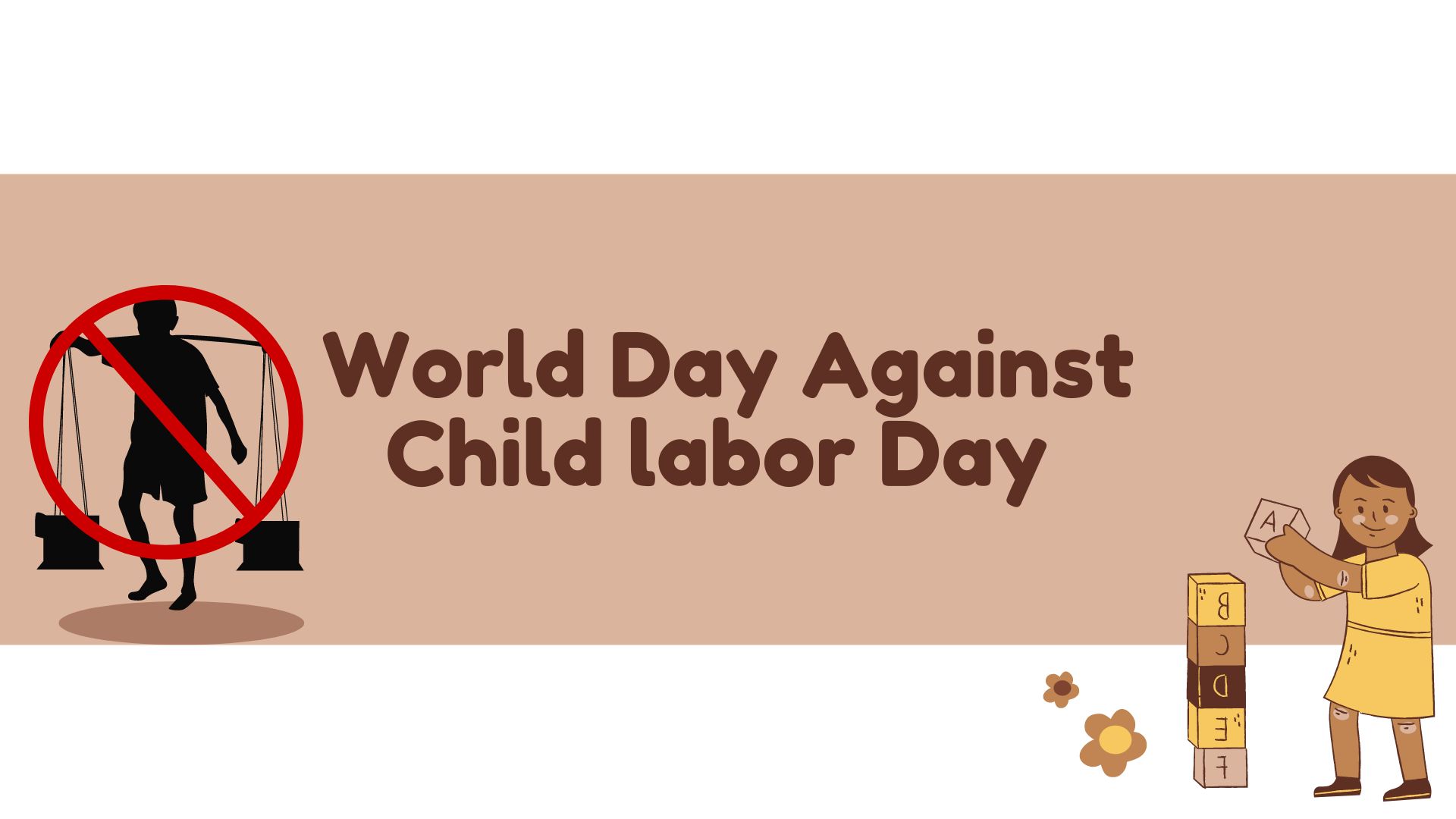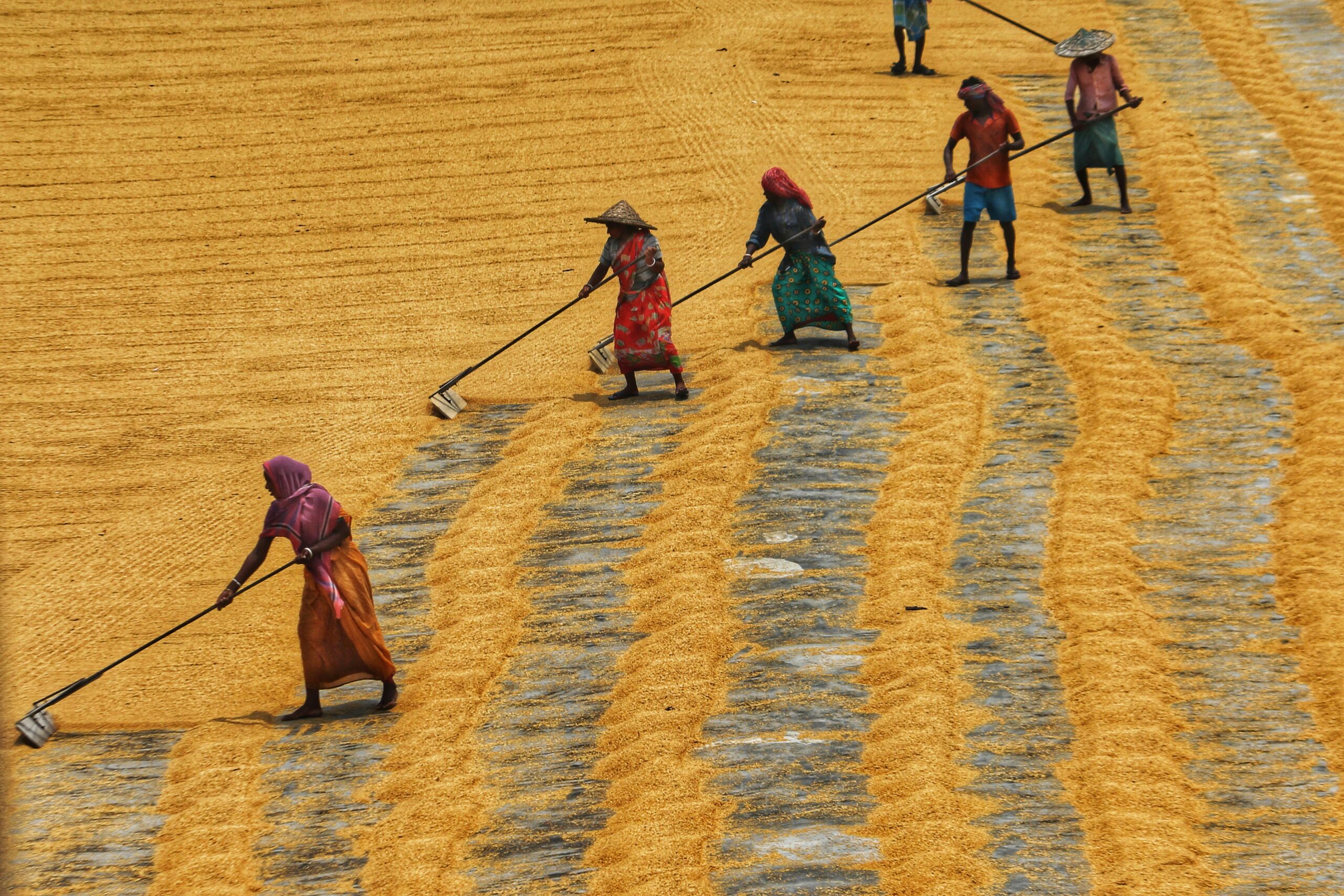‘Circular economy’ is now one of the most talked-about ideas among sustainability professionals.
From Walter Stahel to the Club of Rome, the concept of a “regenerative economy” with (ideally) endless loops of materials and energy has found many proponents over the past four decades. But the current buzz around circular economy has been created by pioneers like Ellen Macarthur, who have taken the conversation to another level.
On a closer look, the three principles of circular economy (as outlined by the Ellen Macarthur Foundation): design out waste and pollution; keep products and materials in use; and regenerate natural systems, are rooted in the age-old virtues of ‘moderation’, ‘optimal utilization’ and ‘empathy’. Moderation tells us to extract and exploit resources judiciously, so as to preserve for the future. A resource is optimally utilized when none or very little of it is wasted. Finally, empathy is our ability to look at things from other perspectives, and act in the best interest of all beings concerned – it enables us to look at nature as a delicate, complex system that helps sustain life, but has a limited capacity to absorb stress. For India, it is of utmost importance to keep its ambition of becoming a world-class manufacturing hub rooted in these values.
India had skipped the transition from agriculture to industrialisation, and had emerged as a service-provider (software and support) to the Western world. It has since been realised that sustaining India’s aspirations only on services isn’t realistic—efforts are being made at the central as well as state levels to boost India’s manufacturing capabilities. Special Economic Zones and other attractive financial packages targeted at attracting FDI and also domestic investments have been successful to some extent. But India’s challenge lies in the fact that industrialisation must not happen at the cost of environmental or social degradation. Given that India is home to millions of people vulnerable to the impacts of climate change, climate stewardship must remain high on the agenda of the government as well as the private sector. Circular economy can show the way to reconcile two seemingly paradoxical action areas: industrial development and climate stewardship.
Circular economy has an advantage – it has direct, positive implications for competitiveness of companies, individual stakeholders, and the overall industrial sectors. Evidence suggests that circular economy can create new business opportunities, new jobs, reduce emissions of greenhouse gases, among other benefits.
Now here lies a potential pitfall. History has ample evidence to show that growth in the economy doesn’t guarantee human development (the ‘sustainable’ type). The fruits of economic growth very often get concentrated in the hands of a few, increasing inequality. At one point of time many economists would have us believe that the ‘trickle-down’ effect would alleviate the world from poverty and provide a basic standard of living for all; to a certain extent it worked. But in the recent decades benefits of economic growth have largely stopped reaching those who need it most, and in many cases the impact of industrialisation on climate has been ignored. Trickle-down effect has plateaued and is on the decline. Similarly, it can’t just be assumed that Circular Economy, applied in silos and in bits and pieces, will automatically take care of the triple bottom lines of sustainability.
For a true circular transition, planning must occur at a macro-economic level. No stakeholder can be left behind; training the population for new kinds of jobs is crucial, as well as rehabilitation for workers who will lose their jobs as demand shifts away from non-renewable resources and virgin materials. The 7 Rs of circular economy – Reduce, reuse, recycle, redesign, remanufacture, refurbish and repair should be the guiding principles while designing new ventures, business parks, and industrial clusters. With such a systems-level approach, and the economic winds blowing in a favourable direction, India will become a sustainable manufacturing hub.
“NOTE: The views expressed here are those of the authors and do not necessarily represent or reflect the views of CRB.”













































































































